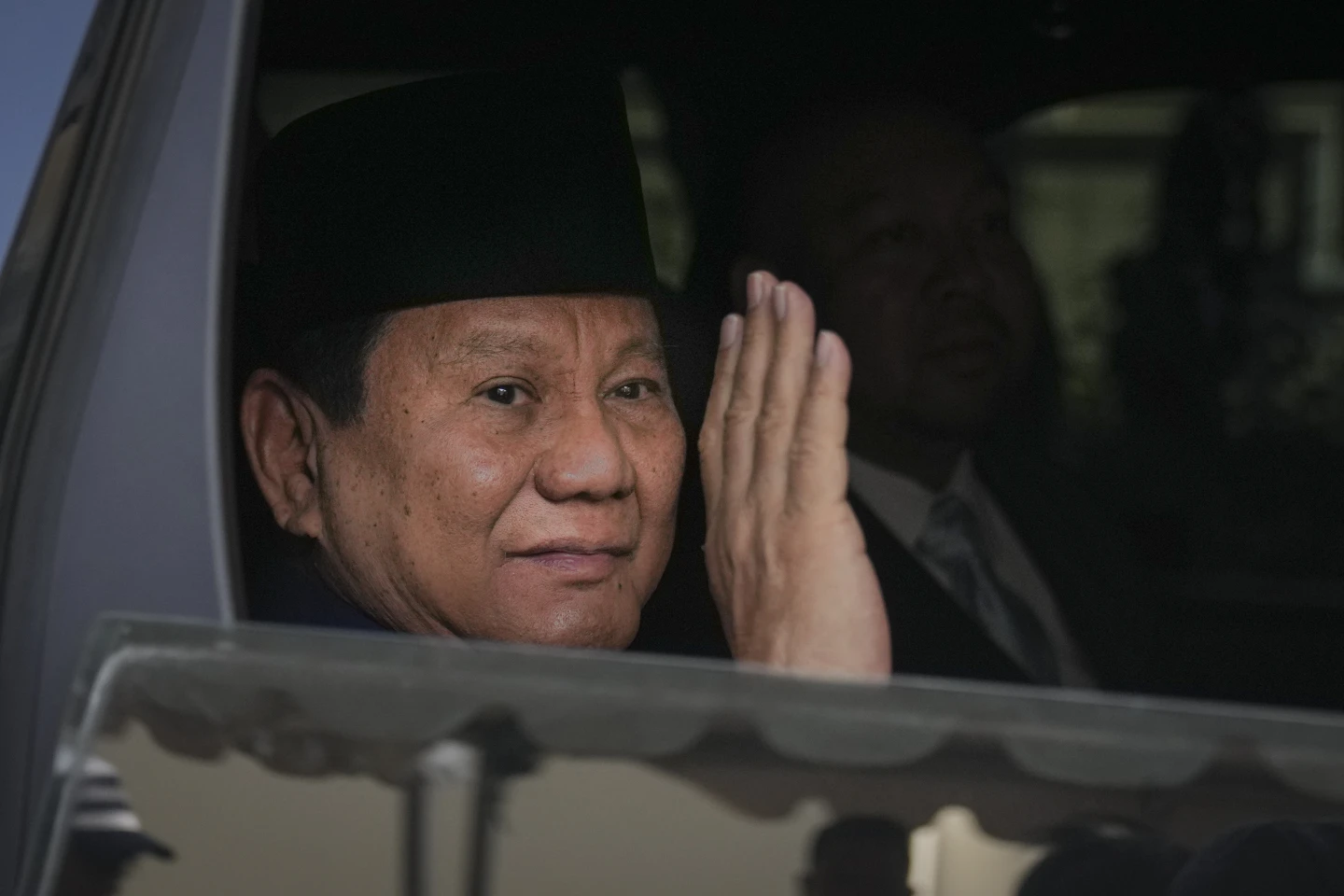JAKARTA, Indonesia —On Sunday, officials inaugurated Prabowo Subianto as Indonesia’s eighth president. He now leads the world’s most populous Muslim-majority nation. His journey began as an ex-general accused of rights abuses. These accusations date back to Indonesia’s military dictatorship. Now, he has reached the presidential palace.
Thousands of waving supporters cheered the former defense minister, who turned 73 on Thursday, as he passed through the streets. He had taken his oath on the Quran, the Muslim holy book, in front of lawmakers and foreign dignitaries. Banners and billboards welcoming the new president filled the streets of Jakarta. Tens of thousands gathered in the capital for festivities. The celebrations included speeches and musical performances along the city’s major thoroughfare.
Also See: Who is Prabowo Subianto, incoming president of Indonesia?
Subianto was a longtime rival of the immensely popular President Joko Widodo, who ran against him for the presidency twice and refused to accept his defeat on both occasions, in 2014 and 2019.
But Widodo appointed Subianto as defense chief after his reelection, paving the way for an alliance despite their rival political parties. During the campaign, Subianto ran as the popular outgoing president’s heir, vowing to continue signature policies like the construction of a multibillion-dollar new capital city and limits on exporting raw materials intended to boost domestic industry.
This news is sourced from AP News and is intended for informational purposes only.






